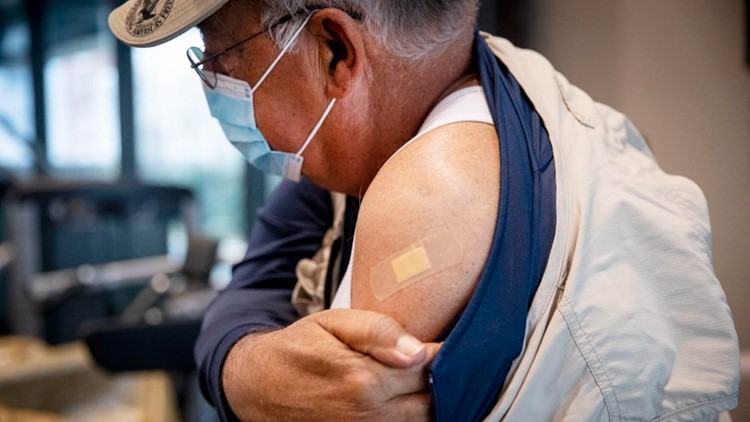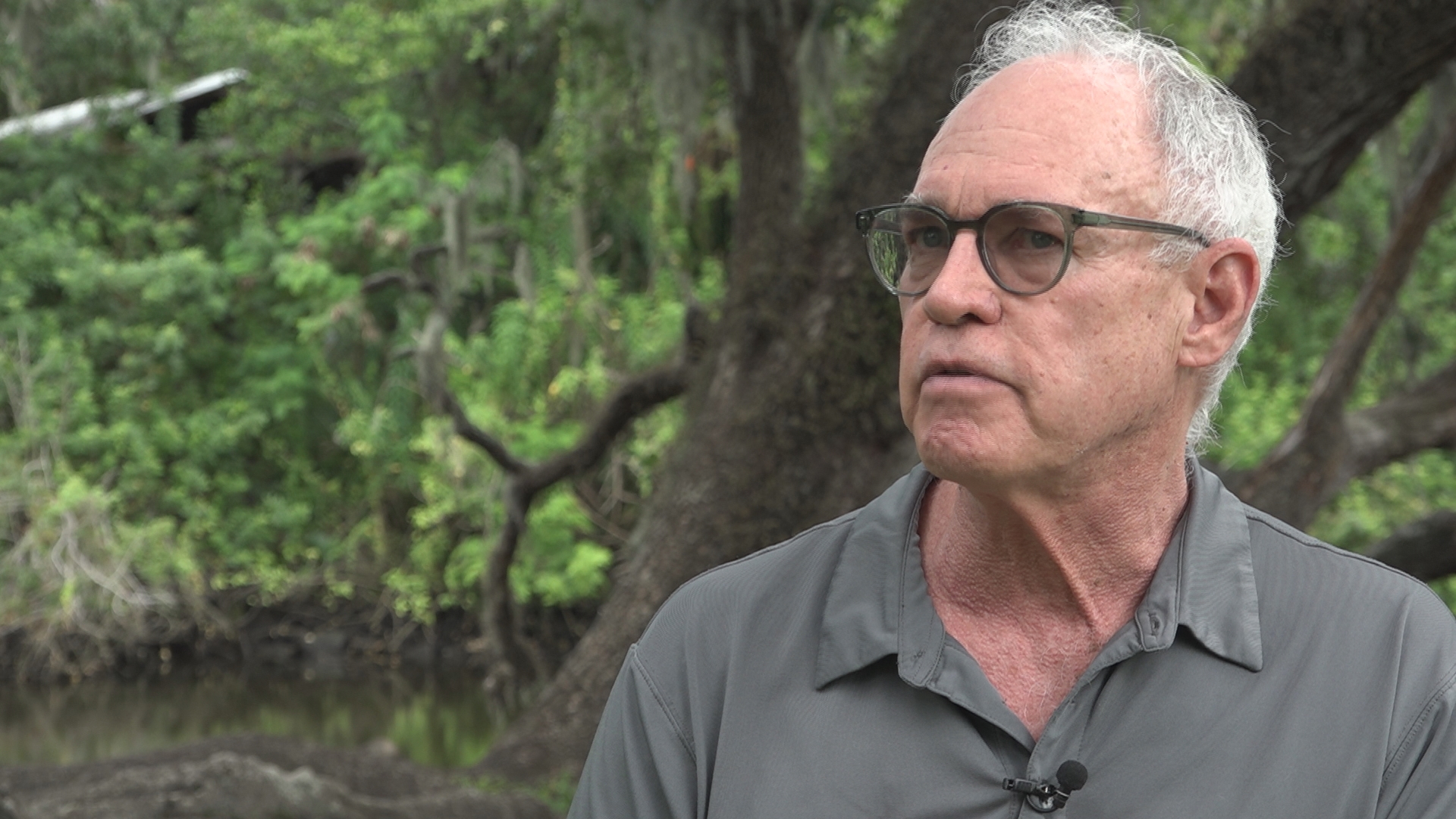TAMPA, Fla. — The CDC has updated its guidance on contraindications and precautions to both the Pfizer and Moderna vaccines.
It says people with a history of an immediate allergic reaction of any severity to a previous dose mRNA COVID-19 vaccine should not receive a second dose.
If you have allergies to pets, food, oral mediations or latex, you can still get the vaccine.
If you have allergic reactions to other vaccines or injectable therapies, talk to your doctor to outweigh the benefits of the vaccine with your risk.
It also says vaccination sites should be able to treat a severe allergic reaction by having the proper medical services like epinephrine, H-1 antihistamines, a blood pressure cuff, stethoscope and a timing device to take a pulse.
The CDC is also using two tools to help track side effects or adverse reactions to the vaccine.
If you get the vaccine, you can report to the Vaccine Adverse Event Reporting System or VAERS.
And, the CDC has activated V-Safe, a vaccination health checker. It's a smartphone-based tool that uses text messages and web surveys to provide personalized health check-ins after you get a vaccine.
You can tell the CDC if you have side effects or reactions or if you're doing fine. Depending on your answers, the CDC may call to check in on you. This is voluntary, and you can opt-out at any time.
- Senate GOP blocks Democratic push for Trump's $2K checks
- How to claim your missing $1,200 stimulus check
- Scientists say there's no need to panic after new COVID-19 variant found in the US
- Louisiana congressman-elect Luke Letlow dead from COVID-19
- Dwayne 'The Rock' Johnson surprises Wesley Chapel boy for Christmas
- Here's what you need to know about the new Florida laws taking effect this week
►Breaking news and weather alerts: Get the free 10 Tampa Bay app
►Stay In the Know! Sign up now for the Brightside Blend Newsletter



